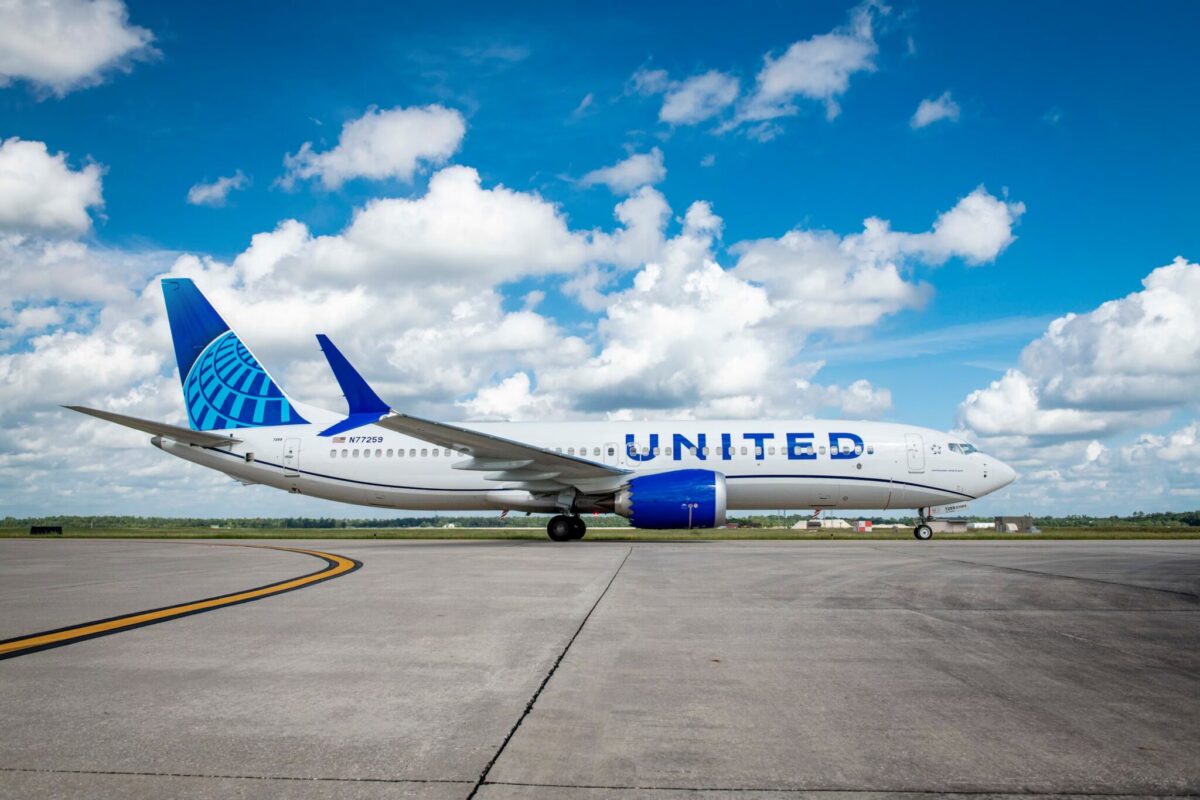United Airlines is offering pilots unpaid time off in May due to delivery delays with Boeing aircraft, the airline confirmed Monday.
The carrier said its forecasted block hours in 2024 had been reduced. As a result, pilots now have the option to take a “voluntary program” in May to reduce any excess staffing.
CNBC was the first to report that the airline is asking pilots to take unpaid time off, citing a note United’s pilots’ union sent to staff on Friday.
“Due to recent changes to our Boeing deliveries, the remaining 2024 forecast block hours for United have been significantly reduced,” the note said. “While the delivery issues surround our 787 and 737 fleets, the impact will affect other fleets as well.”
Airlines Adjust Growth Plans
Delays with certain Boeing aircraft, specifically the smallest and largest variants of the 737 Max, are causing airlines to rethink their growth plans. Multiple airline CEOs have said that they expect to trim flight schedules and slow hiring because of the delays.
United initially expected to receive 80 Max 10s in 2024, but now the carrier anticipates those orders won’t be fulfilled until at least next year due to certification delays.
Southwest Airlines also said it would cut capacity for 2024 due to the delays. In total, Southwest expected Boeing to deliver 79 planes, including the Max 7, but the smallest Max variant hasn’t been certified. Instead, Southwest is receiving 46 Max 8s in 2024, down from 58.
Alaska Airlines also said its capacity outlook was in flux for 2024.
The delays have hit hiring for pilots and flight attendants the hardest. These groups were at the center of a post-pandemic labor shortage, but now airlines are pausing hiring as they wait on Boeing orders.
United said it would halt pilot hiring in May and June, with CEO Scott Kirby saying the airline had told Boeing to stop building the Max 10 and to instead build the Max 9 to fulfill its order.
“It’s impossible to say when the Max 10 is going to get certified,” Kirby said at the JPMorgan conference on March 12.
Meanwhile, Southwest CEO Bob Jordan said the carrier was looking to reduce costs as much as possible. While Southwest initially paused pilot hiring after March to bring hiring levels either at or below the turnover rate, it has now extended that pause to flight attendants.
Southwest originally planned to slow flight attendant hiring later in the year, but delivery delays and certification issues hastened that process.
“Given the news on Boeing aircraft delivery delays … managing our plan just is not enough,” Jordan said at the March 12 conference. “Going forward, we are actively and urgently focused on further cost reductions.”
Pressures Mount on Boeing as Top Exec Steps Down
Boeing CEO Dave Calhoun announced last week he would step down at the end of the year, just two months after the Alaska blowout incident. The company has faced intense scrutiny from airline executives over quality control issues and delivery delays.
Kirby has been one of the most vocal critics of Boeing. In an interview with CNBC on January 23, Kirby said United was working on “alternative plans” for its fleet without the Max 10.
“I think this is the straw, the Max 9 groundings, probably the straw that broke the camel’s back for us,” Kirby said on CNBC. ”We’re gonna at least build a plan that doesn’t have the Max 10 in it.”
Alaska CEO Ben Minicucci told NBC News he was “angry” at Boeing over the blowout incident, where a door plug suddenly fell off a Max 9 mid-air.
“I am angry. This happened to Alaska Airlines,” Minicucci said in an interview for NBC News’ “Nightly News With Lester Holt.” “It happened to our guests and happened to our people. And — my demand on Boeing is what are they going to do to improve their quality programs in-house.”
Kirby and Minicucci, along with the CEOs of American and Southwest, lobbied Boeing’s board of directors for a major leadership change, according to a report from The Air Current.
“We are squarely focused on implementing changes to strengthen quality across our production system and taking the necessary time to deliver high quality airplanes that meet all regulatory requirements,” Boeing previously said in a statement to Skift. “We continue to stay in close contact with our customers about these issues and our actions to address them.”
Subscribe to Skift Pro to get unlimited access to stories like these
{{monthly_count}} of {{monthly_limit}} Free Stories Read
Subscribe NowAlready a member? Sign in here
Subscribe to Skift Pro to get unlimited access to stories like these
Your story count resets on {{monthly_reset}}
Already a member? Sign in here
Subscribe to Skift Pro to get unlimited access to stories like these
Already a member? Sign in here
